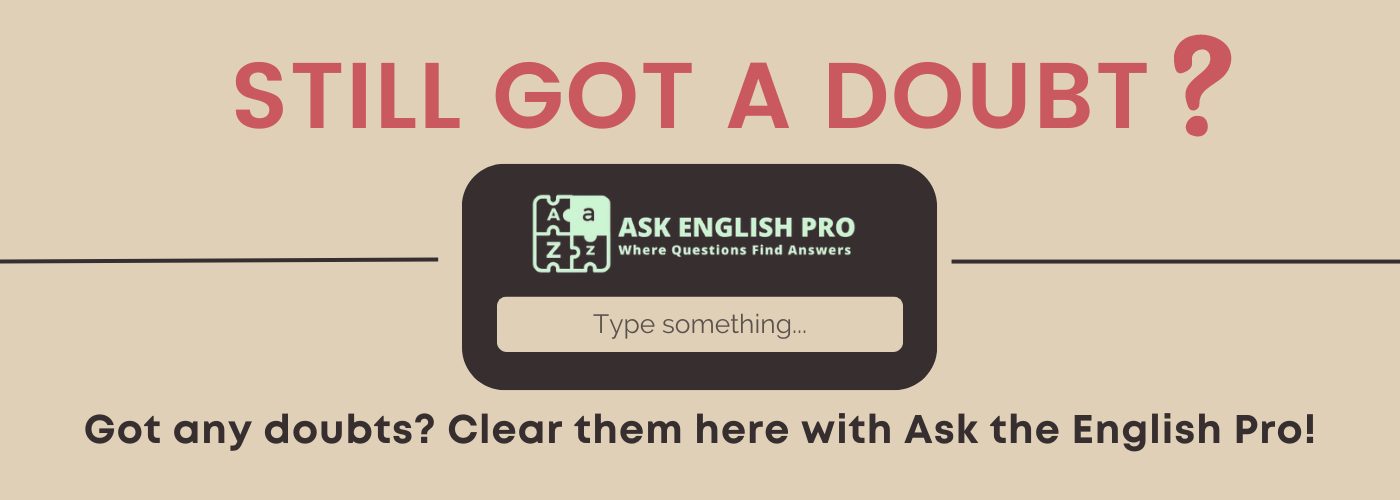Detailed Article for the Word “Indicted”
What is Indicted: Introduction
Imagine standing in a courtroom, the air thick with anticipation, as the charge against someone is formally announced—this is the moment they are indicted. “Indicted” signals the start of a legal journey, representing the moment when sufficient evidence has been gathered to formally accuse a person of a crime. In today’s world, where legal cases frequently headline the news, understanding the term “indicted” helps us follow judicial processes and appreciate the weight of formal accusations. This term marks a serious step in the legal realm, carrying profound implications for justice and individual accountability.
Origin and History of the Word Indicted
The word “indicted” has its origins in the Latin word “indictare,” meaning “to declare” or “to announce.” It entered Middle English in the 14th century as “enditen,” evolving through Old French “enditer” to reflect the act of formally charging someone with a crime. Originally, this term was broadly used to signify accusation or formal proclamation. By the 16th century, it gained specific legal connotations as judicial systems became more structured. Over centuries, the word narrowed to its current legal use, referring specifically to formal accusations in criminal law. Today, “indicted” signifies that a grand jury or legal body finds enough evidence to bring someone to trial, marking a pivotal stage in criminal proceedings.
Meaning and Definition of Indicted
Indicted (verb):
- To formally accuse or charge someone with a serious crime, typically by the decision of a grand jury.
- (Legal) To bring formal charges against an individual based on probable cause of criminal activity.
- (Common usage) Used to signify that someone is under serious suspicion or has been publicly accused of wrongdoing.
How to Pronounce Indicted
in-DYTE-ed
How to Remember Indicted: Memory Tips
Think of “indicted” as “in” + “dicted,” like someone being “dictated” or officially declared in trouble by legal authorities. Another tip is to remember “in” (inside or into) and “dicted” (think “dictate,” as in a formal declaration)—putting someone “into” a formal declaration of charges. Visualize a court scene where the word “indicted” is announced as a gavel strikes, a strong image to anchor this legal term.
Indicted in a Sentence: Examples and Usage
- Legal: The grand jury indicted the suspect on multiple counts of fraud.
- News: The senator was indicted on charges of corruption and misuse of funds.
- Everyday: When he was indicted, his career faced immediate consequences as media coverage intensified.
- Historical: Many prominent figures have been indicted throughout history, only to be found innocent after a full trial.
- Media: The case became front-page news after the celebrity was indicted for tax evasion.
- Personal: His friends were shocked when he was indicted, never suspecting his involvement in the case.
- Academic: Legal textbooks outline the steps taken before someone is formally indicted in the judicial process.
Difficulty Level of Using Indicted
Intermediate: Commonly encountered in news and legal contexts, this term is straightforward for those familiar with legal processes, but it may be challenging due to its specific judicial meaning and formal tone.
Modern Usage of Indicted in Contemporary Context
In modern society, the term “indicted” frequently appears in news media, particularly in high-profile cases involving public figures or corporate scandals. Indictments serve as pivotal moments in the legal system, reflecting thorough investigations that lead to formal charges based on sufficient evidence. Social media platforms often amplify the visibility of indictments, sparking public discussion on the case and raising questions about accountability and justice. As a legal term, “indicted” also influences reputational and professional consequences for those involved, as the mere association with an indictment can alter public perception. In a digital world where public opinion forms quickly, indictments often lead to polarized responses as cases unfold. Whether applied in government, finance, or other industries, the term underscores the serious weight of legal proceedings in maintaining transparency and accountability in society.




















it can also be remembered as ‘indicate someone’ as a wrong doer….